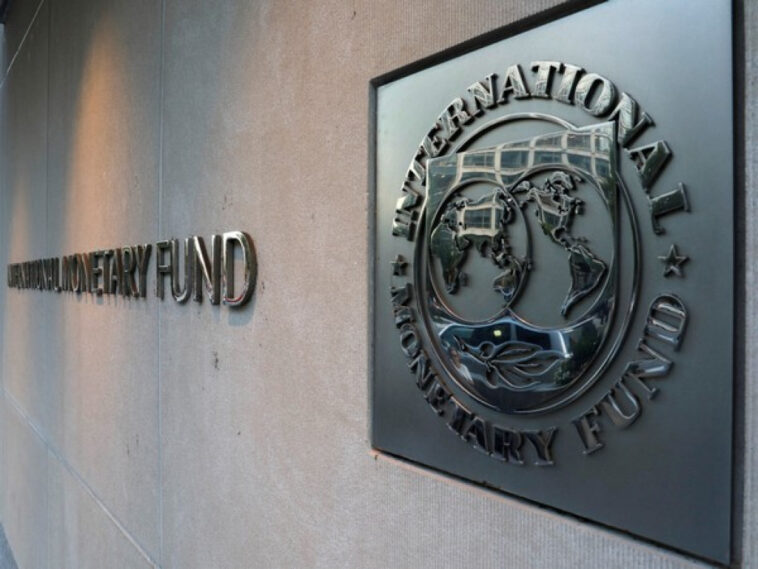As Pakistan continues to face economic difficulties, the International Monetary Fund has made it more difficult for the country to manage by rejecting any proposal for tariff adjustments or additional subsidies, Geo News reported.
This occurred despite claims by authorities that August bill collection was in line with expectations.
Pakistan has requested that upcoming quarterly tariff adjustments (QTAs) and Fuel Price Adjustments (FPAs) of (PKR) 7.50 per unit be staggered over the next four to six months, Geo News reported, citing a report from The News International. This is in response to the IMF’s serious objections to the government’s proposal to provide relief to the poor against inflated power bills.
“However, Pakistan has requested the IMF to stagger the implementation of the QTA and FPA over a period of four to six months, so it may also require some additional costs on which both parties will have to agree,” confirmed top official sources to The News.

Despite QTA’s mandate to raise rates by (PKR) 5 per unit in the current month and FPAs by (PKR) 2.72 per unit, the electricity sector’s problems have persisted, according to the sources. In total, a price increase of over 7 (PKR) per unit is anticipated. According to Geo News, citing The News, the QTAs will be calculated using losses from the April-June period as a consequence of lower unit consumption, cost escalation of interest payments, and exchange rate fluctuations.
Pakistan increased the base rate for electricity by 7.5 Pakistani Rupees (PKR) per unit at the beginning of July due to the country’s economic crisis.
According to ARY News, the National Electric Power Regulatory Authority (NEPRA) authorized the federal government to increase the base electricity tariff by PKR 4.96/unit on July 14.
In addition, Dawn reported that Pakistan’s provisional government has already requested the power regulator to begin charging an additional PKR 5.40 per unit quarterly tariff adjustment over six winter months beginning in October, as opposed to the permitted three months.
ALSO READ : Putin in new grain deal: ‘Until West meets demands…’
As a result of the IMF program, current depreciation accounts for nearly 70 percent of the current power tariff, and the government has no control options available at this time. In addition, a 10-12% increase in interest rates is expected, and the government and the SBP’s hands are bound by the fund program.





